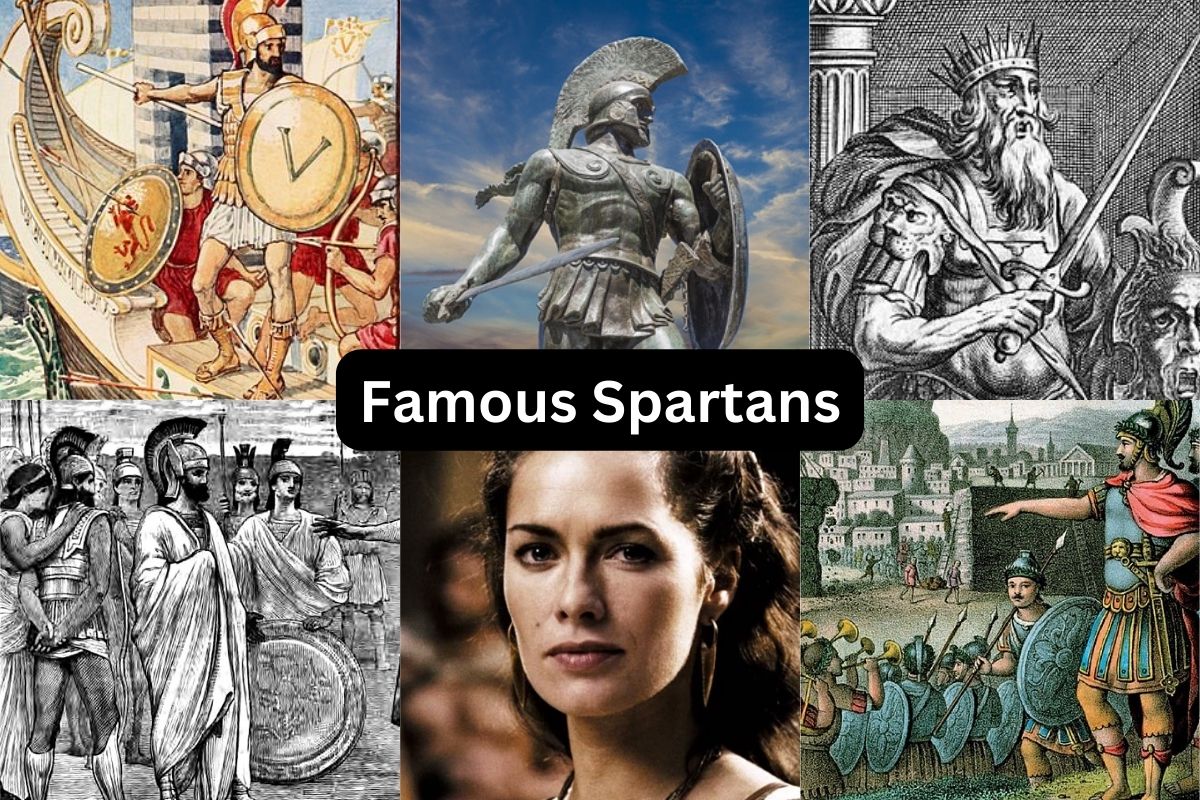The history of ancient Sparta is replete with legendary figures who have left an indelible mark on the annals of military prowess, politics, and societal reforms.
In this article, we delve into the lives and contributions of some notable Spartans who helped shape the destiny of their city-state and earned enduring recognition in the annals of history.
From the iconic Leonidas I, who led the famous 300 at Thermopylae, to the enigmatic lawgiver Lycurgus and the ambitious reformer Cleomenes III, we explore the diverse characters and achievements of these Spartan luminaries who embody the spirit of a warrior society that continues to captivate the imagination of the world.
Join us on a journey through time as we uncover the remarkable legacies of these famous Spartans.
Famous Spartans
1. Leonidas I
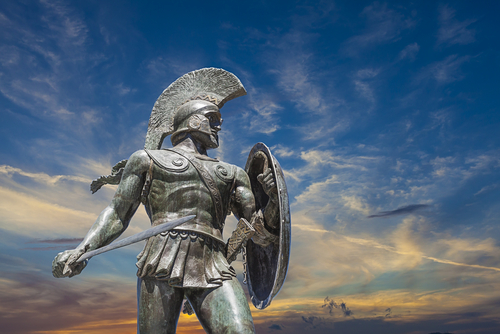
Leonidas was a Spartan king who ruled during a critical period in Greek history. He is perhaps best known for his leadership during the Battle of Thermopylae in 480 BC.
Leonidas and his 300 Spartan warriors, along with a small coalition of Greek allies, defended the narrow pass of Thermopylae against the vast Persian army of King Xerxes I.
Despite ultimately losing the battle and perishing, Leonidas and his Spartans became symbols of bravery, sacrifice, and the indomitable spirit of Spartan warriors.
2. Gorgo

Gorgo was the daughter of King Cleomenes I and the wife of King Leonidas I. She is famous for her intelligence, wit, and political acumen. Gorgo was known to have provided her husband Leonidas with valuable advice and guidance.
One of her most famous quotes is when she was asked by a foreigner what makes Spartan women unique, to which she replied, “Spartan women give birth to real men.” Gorgo’s wisdom and strong character made her a respected figure in Spartan society.
3. Brasidas
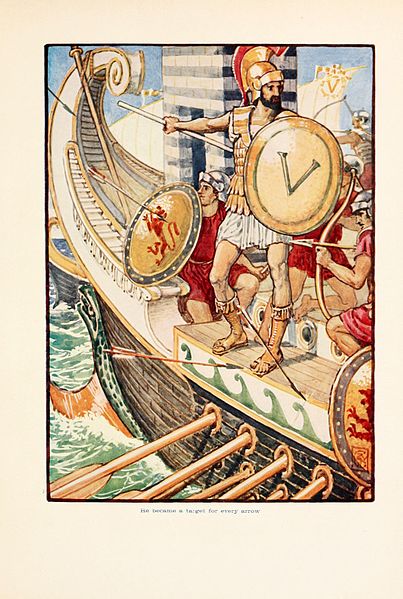
Brasidas was a distinguished Spartan general who played a significant role during the Peloponnesian War (431-404 BC).
He is particularly famous for his military campaigns in northern Greece, where he demonstrated exceptional strategic and leadership skills.
Brasidas managed to win several crucial battles and secure alliances for Sparta. His efforts earned him a reputation as one of Sparta’s most successful and respected military leaders during the war.
4. Lysander
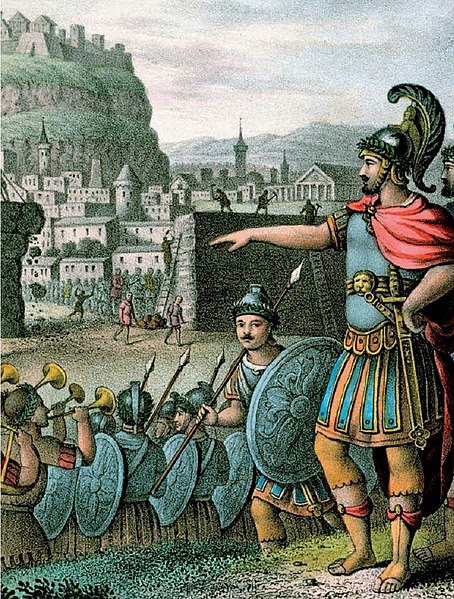
Lysander was a prominent Spartan admiral and strategist during the Peloponnesian War (431-404 BC). He is best known for his role in the final stages of the war, where he played a crucial role in securing a Spartan victory over Athens.
His most significant achievement was his leadership of the Spartan fleet, which defeated the Athenian fleet at the Battle of Aegospotami in 405 BC. This victory effectively ended the Peloponnesian War, leading to the surrender of Athens.
Lysander’s military and diplomatic skills made him a key figure in Spartan history and contributed to Sparta’s rise as a dominant power in ancient Greece.
5. Agesilaus II
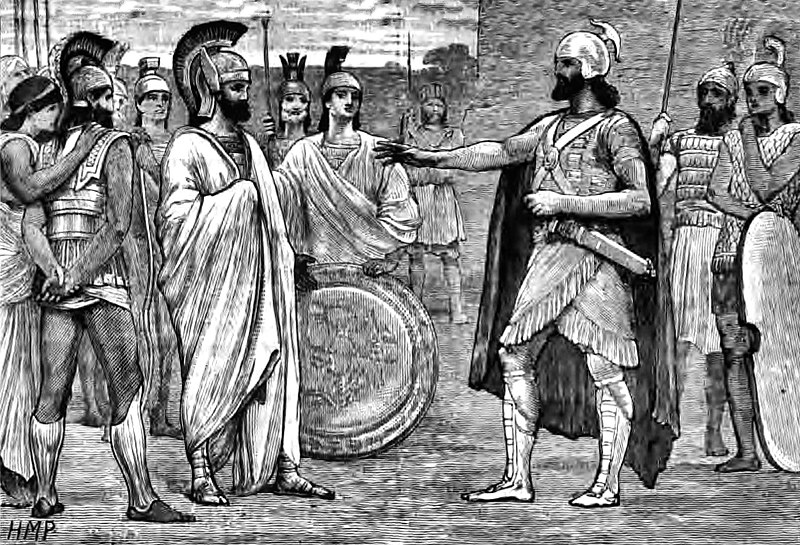
Agesilaus II was a Spartan king who reigned during the 4th century BC. He was known for his military prowess and leadership during various conflicts.
Agesilaus led the Spartans in the Corinthian War (395-387 BC) and played a significant role in Spartan politics during his time.
Despite suffering a defeat against Thebes at the Battle of Leuctra in 371 BC, Agesilaus remained an influential figure in Spartan affairs and continued to serve as a military leader and statesman until his death.
6. Cleomenes III
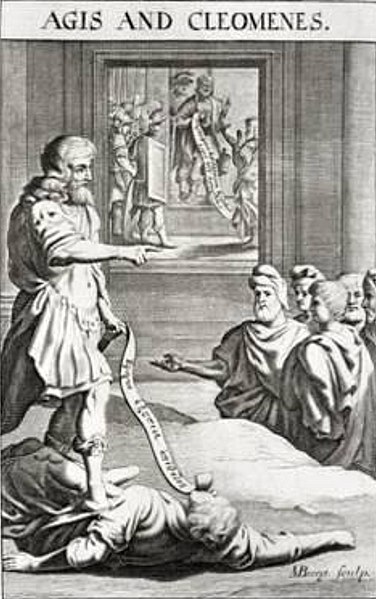
Cleomenes III was a Spartan king who ruled during the 3rd century BC. He is renowned for his attempts to reform Spartan society and revive its traditional values and military strength.
Cleomenes initiated a series of radical reforms, including the redistribution of land and the suppression of the wealthy oligarchy known as the Ephors. His reforms aimed to restore the Spartan warrior ethos and overcome the decline in Spartan power.
Despite initial successes, Cleomenes faced political opposition and was eventually exiled. His reforms, however, left a lasting impact on the history of Sparta and inspired later attempts to rejuvenate Spartan society.
7. Agis IV

Agis IV was a Spartan king who reigned during the 3rd century BC. He is known for his efforts to reform Spartan society and redistribute land to the citizens. These reforms were aimed at restoring the traditional Spartan way of life, which had declined over the centuries.
Agis IV’s actions, however, faced opposition from the Spartan elite, leading to political turmoil and ultimately his downfall. Despite the challenges he faced, Agis IV is remembered as a Spartan king who tried to restore the city-state’s ancient values.
8. Lycurgus
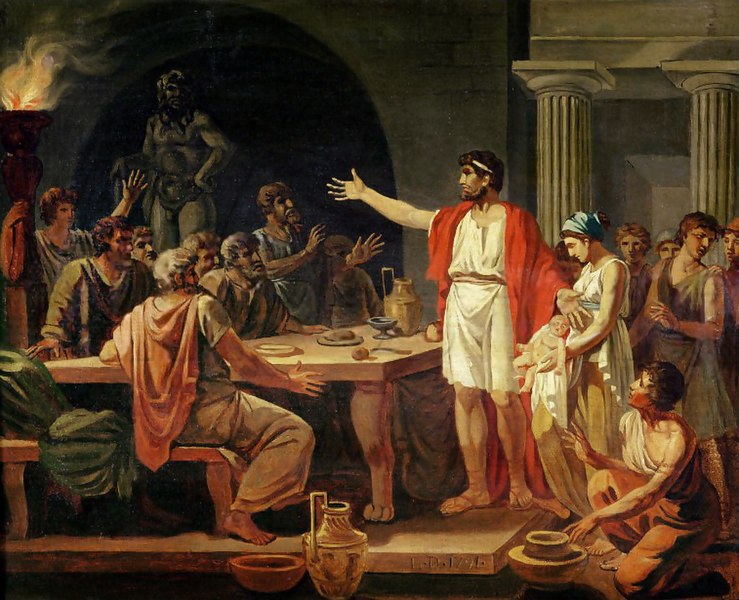
Lycurgus is a semi-legendary figure in Spartan history, credited with the creation of the Spartan constitution and the establishment of the unique Spartan way of life.
While the historical accuracy of Lycurgus’s existence and deeds is debated, his name is synonymous with the development of the Spartan system. He is said to have introduced a set of laws and customs that emphasized military training, self-discipline, and communal living.
The Spartan Agoge, a rigorous system of education and training, is often attributed to Lycurgus. Whether real or legendary, Lycurgus’s influence on Spartan society cannot be denied.
9. Archidamus II
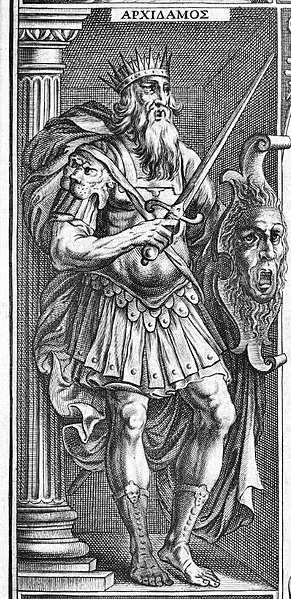
Archidamus II was a Spartan king who reigned during the early years of the Peloponnesian War (431-404 BC). He is known for his caution and prudence as a military commander. Archidamus II was the leader of the Peloponnesian League, a coalition of Greek city-states led by Sparta.
During his rule, he attempted to avoid open conflict with Athens, realizing the devastating consequences of prolonged war.
However, he also participated in various military campaigns during the war, including the invasion of Attica. His leadership style and strategic decisions left a mark on Spartan military history.
10. Pausanias
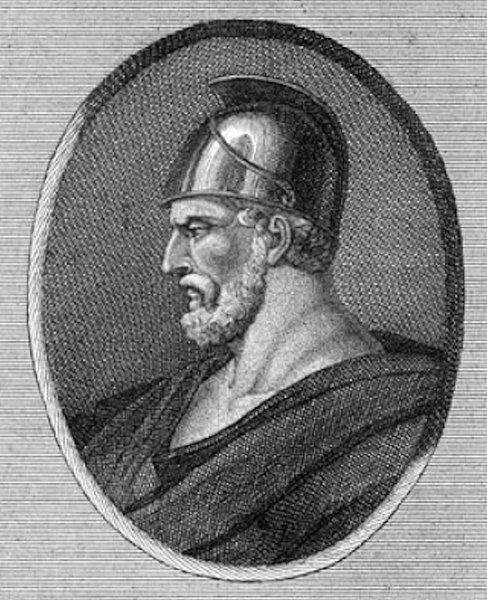
Pausanias was a Spartan general who played a significant role in the Greco-Persian Wars. He is best known for his leadership during the Battle of Plataea in 479 BC, a decisive Greek victory against the Persian Empire.
Pausanias commanded the Greek forces during this battle and contributed to the overall success of the Greek alliance. However, his later behavior and ambitions led to his downfall, as he was accused of conspiring with the Persians and was recalled to Sparta in disgrace.
Despite his later actions, Pausanias’s role in the victory at Plataea remains a notable achievement in Spartan military history.
